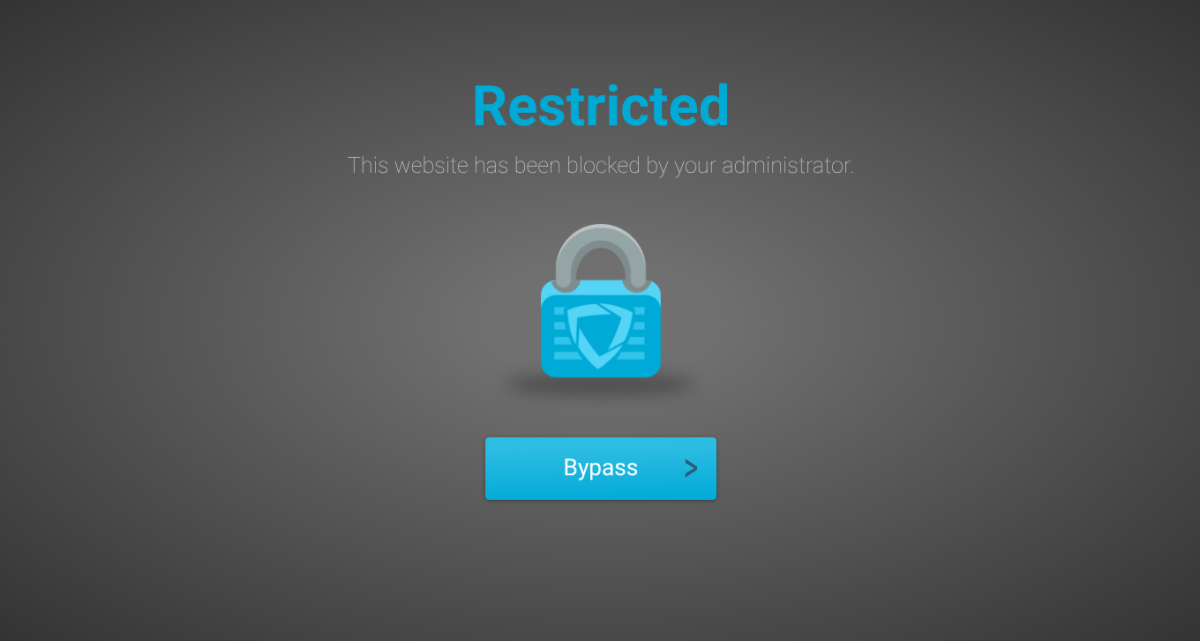For some time now, the health care industry in America has failed to provide adequate service to many Americans and, further still, failed to provide service at all to many low-income and underprivileged Americans. We’ve all heard the horror stories told by families of the father falling gravely ill because he couldn’t afford the appropriate level of care when his illness was at a preliminary stage or the mother facing death because the health insurance companies won’t cover someone who has already been diagnosed with a treatable cancer. When events like these draw attention to the health care issue, questions often arise about what we can do to create a system in which tragedies such as these don’t happen or at least, modify our current system to reduce the frequency of these occurrences. To generate a complete answer to these questions it is important to recognize where the flaws lie in our current system. Fundamentally, many of our health care industry’s corruptions lie in the out-of-hand capitalist and privatized nature of the industry. Many people cringe at the idea that capitalism (no matter how rampant) may be part of the problem because, for some reason, there are certain rules in America that dictate that we must always put our faith in certain golden concepts: capitalism, freedom, democracy, and McDonald’s french fries (oops, I mean freedom fries). Unfortunately, as the capitalist reality mandates, the health care industry is more focused on making money than providing adequate care. That’s why health care companies institute policies like their unanimous disapproval of anyone with a "pre-existing condition.â The companies are concerned with the guarantee that they would actually have to treat someone in need of medical care because this might cause them to make less money. When health insurance company policy is to take whatever action is needed to net a larger profit rather than to do what is necessary to treat people in need, those people in need are often left with no viable option to turn to for solutions to their all-too-real medical problems. In simplest form, we need a health care system that ensures adequate coverage for everyone. This doesn’t necessarily call for the complete socialization of medicine; in fact, this idea is somewhat unrealistic for our current situation. With the existing privatized system already so deeply rooted in both the American economy and society, transitioning to complete government control over the health care industry would be messy at best – not only would it be terribly difficult, but it could have catastrophic effects on an American economy that is barely intact as it is (not to mention the uproar it would cause in certain conservative sectors). Despite this, we are undeniably in need of some sort of government component. Perhaps, the best transitional plan lies in the idea of a government option (an idea that was largely publicized by John Edwards in the 2008 presidential race) i.e. the government would put together a comprehensive health care plan that could cover all citizens, but the citizens would not be required to take advantage of the government service. That way people who are currently unable to obtain adequate health insurance coverage or, for some reason, unsatisfied with their current coverage could opt for the government plan, while others who are content with their current service could remain with their health care providers. Not only would this ensure universal coverage, but it would introduce some much-needed competition into the industry that would certify acceptable levels of service on both the governmental and privatized sides of the health care industry (a concept essential to a healthy capitalist society). As it is now, one standard of service is being used by almost all the major private health care providers; a standard that focuses mainly on maximizing profit while disregarding the quality of health care for certain customers. The rich people who can afford to pay copious amounts of money for their health insurance get fine service, while the lower middle class and poor people who can’t afford to pay as much are shafted. The health insurance companies are able to get away with this because all the companies are acting in a similar manner, and thus, the consumer has nowhere to turn. In this sense, the standard of care that’s currently exercised by the health insurance companies has a monopoly over the entire industry. With the introduction of a government component, the private companies would be forced to compete by making their prices more reasonable. Likewise, the government program would be kept in check as it would be forced to maintain a certain level of care to compete with the private companies. Despite the obvious need for some sort of health care reform, many people still believe that the implementation of a government-run health care program might somehow undermine our capitalist economy. However, the policies of many other countries suggest that this sort of thought is simply an unfounded absurdity. Currently, the United States is the only industrialized nation that doesnât have some form of universal health care. Even countries like Peru and Thailand provide their people with universal health care. The examples set by major capitalist countries, including Germany, the United Kingdom, and India, are even more telling. If capitalist Germany, the third largest economy in the world, can run smoothly with a universal health care system in place (a system thatâs origins date back to 1883), why canât we? The answer is: we can, and we should. Another common counterargument against the public option that is often presented lies in the question: why should my tax money go towards paying for someone elseâs health care? For one, there are many people that are less fortunate than the greater portion of the population, and no, this isnât because theyâre lazy or lacking a decent work ethic. All too often, itâs because people that are socioeconomically disadvantaged are disadvantaged in many other facets of society as well. They are not given the same opportunities the people who are better off often take for granted. Perhaps, the most important of these opportunities is access to a decent education. In modern society, education is a highly valued commodity. After all, people regularly get higher pay just for having a higher level of degree, regardless of the quality of their work. When a poor individual loses out on the opportunity for a good education, they lose out on both the benefits gained from simply being able to say they have a higher level of education and the ones learned from the actual content of the education, which often teaches someone how to more efficiently further themselves in society. The idea that no one will work hard if they know they have access to adequate health care is simply absurd. Not only are there other benefits to work for in society besides health care, but also under the public option plan, those who could afford better than basic coverage could opt to buy better insurance with the private insurance companies. Ultimately, health care should not be considered a convenience or perk that one can enjoy if they make enough money. Everyone should have the right to adequate health care just as everyone has the right to vote or go to school or drive on public roads (which are repaired and constructed via tax money as well). The politicians in the White House and Congress need to set aside their partisan agendas and work towards a system in which everyone can have their basic needs fulfilled because health care should be more than a bonus. It should be a universal commodity for all human beings regardless of socioeconomic prejudice.
Categories:
Let government help healthcare
Ben King
•
September 18, 2009
Story continues below advertisement
0
Donate to The WEB
$0
$500
Contributed
Our Goal
Your donation will support the student journalists of Ames High School, and Iowa needs student journalists. Your contribution will allow us to cover our annual website hosting costs.





















